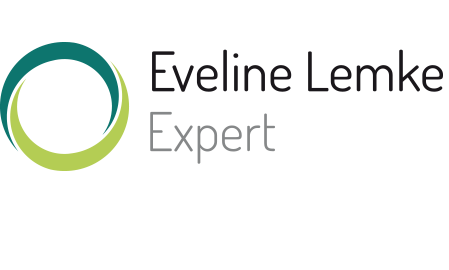Sustainability consulting, strategic. Modul 8
In-depth session: Perspectives of legal projects In order to implement sustainability and circularity in a company, it is necessary to always keep an eye on the legal requirements. The latest developments at European and national level and how they can be implemented in practice are examined in detail. Likewise, which projects are planned for the future so that optimal preparation can take place on the entrepreneurial side in advance. This module presents the latest legal developments and offers space to address questions and make classifications. This course is held in...



